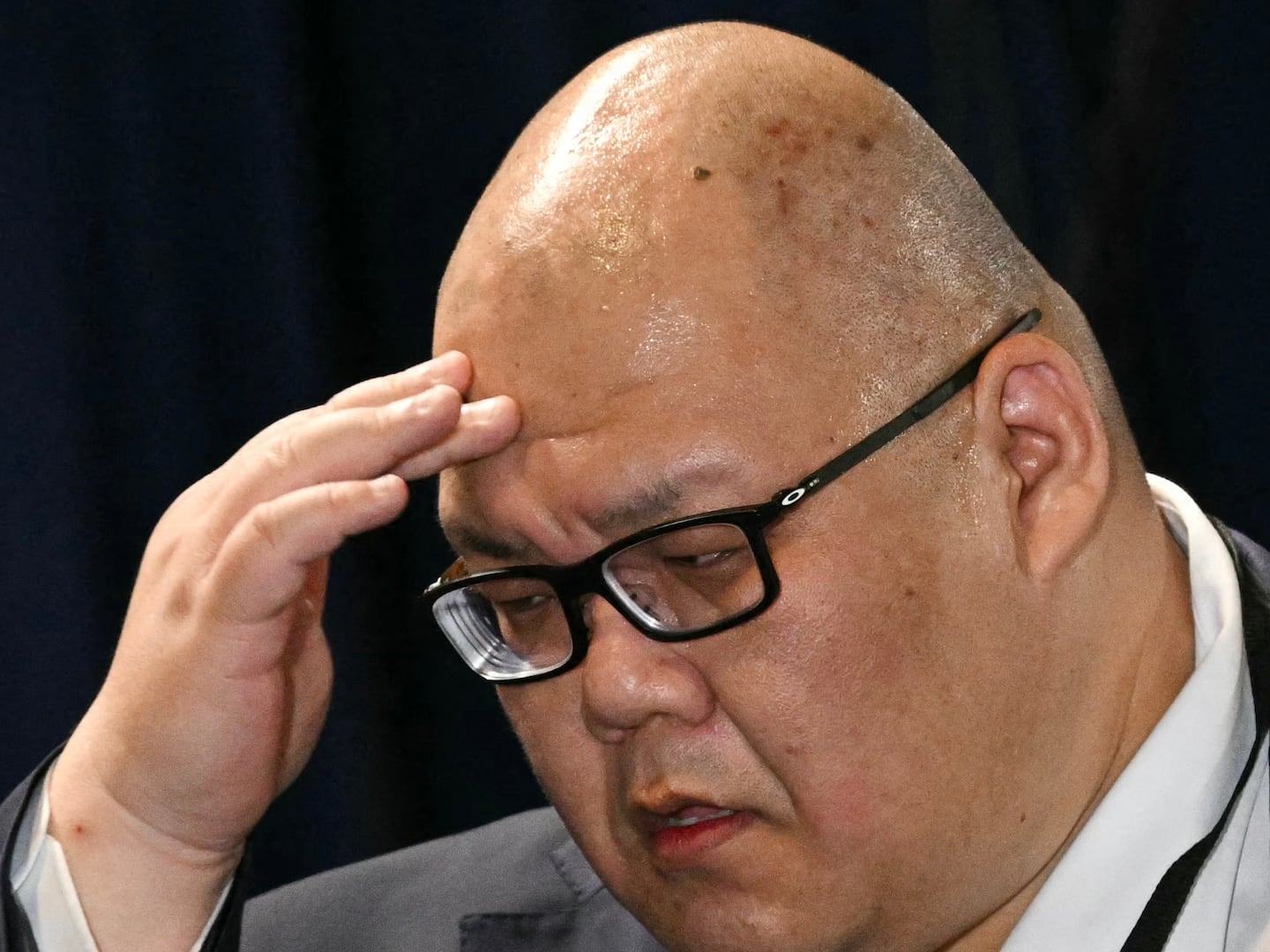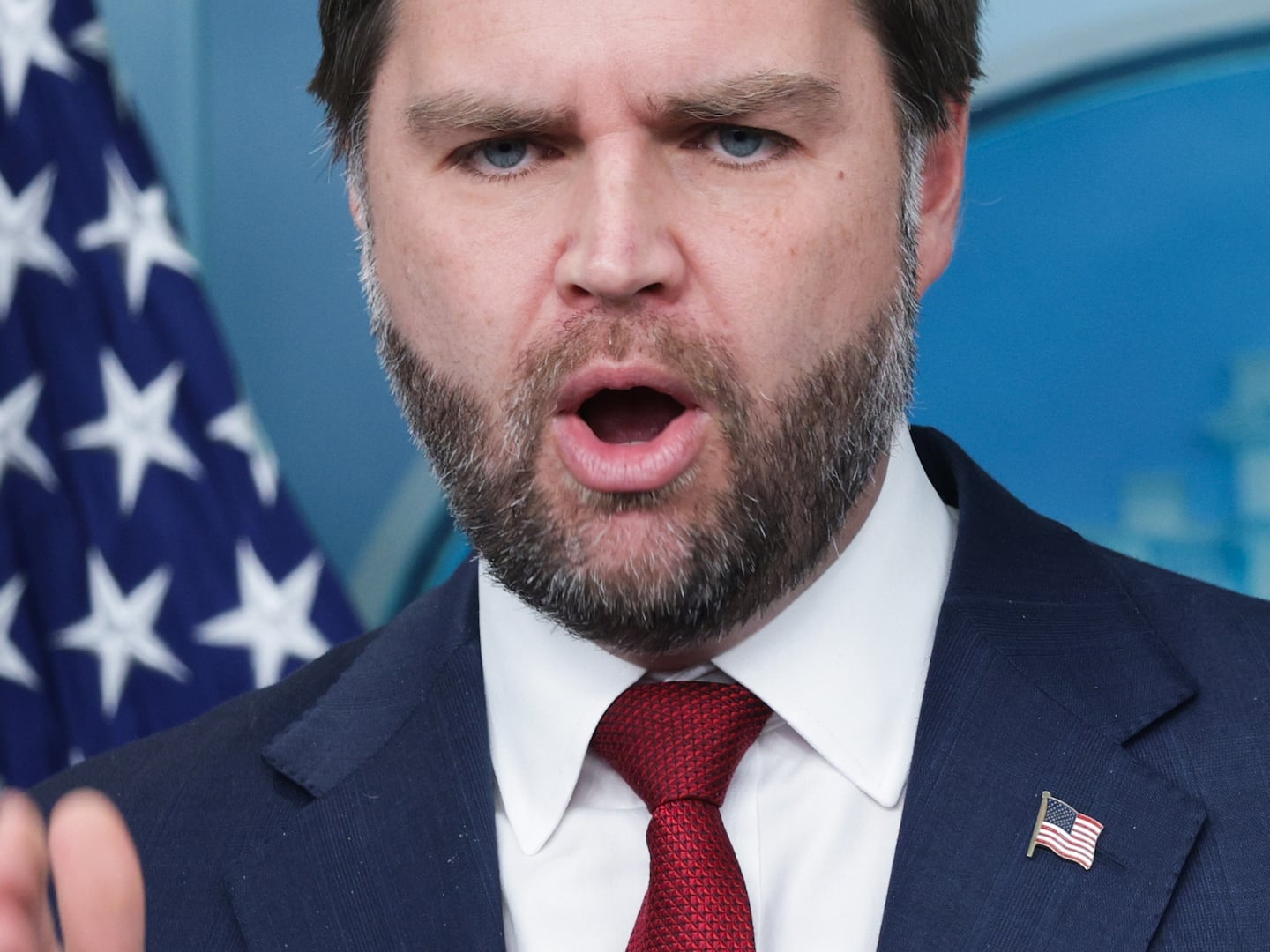Prince Harry has got used to busting royal protocol.
Whether for good (hugging foreign dignitaries, discussing mental health or dating a divorcee American actress) or for ill (who mentioned naked billiards in Las Vegas?) Harry has never been one to mildly toe the line.
His latest protocol-busting habit is to give unprecedentedly revealing interviews to newspapers and websites, a habit which he started last year and has taken up again with vigor this year.
It’s all in the noble cause of promoting either his charitable event for wounded servicemen, the Invictus Games, or in the service of bringing forward a discussion on mental health by opening up about his own struggles in that department.
He has thus far been widely praised for the honest and accessible remarks made in several of the interviews and one podcast. But his latest soul-baring comments, which included what amounts to a stinging attack on his father, Prince Charles, for obliging him to walk behind his mother’s coffin as a 12-year-old boy, were greeted with sharp intakes of breath in royal circles yesterday.
Harry made the remarks in Newsweek in the course of an interview in which, among other things, he suggested that neither he nor anyone else in the royal family desires to be the Monarch.
“We are not doing this for ourselves but for the greater good of the people,” Harry said, “Is there any one of the royal family who wants to be king or queen? I don’t think so, but we will carry out our duties at the right time.”
Of course, any fair-minded person can see what Harry means–that being the real life Monarch is pretty far from the fairy tale–but the comment just begs to be taken out of context.
The Daily Mail carried an extensive diatribe by Max Hastings, in which Hastings said the comments showed Harry to be unappreciative and over-entitled, and the papers in the UK are full of headlines stating that Charles didn’t want to be King (this is not correct, he does, and he wants Camila to be Queen by his side).
The way Harry’s remarks on the hardships of royal life have been portrayed illustrates perfectly why, for decades, royal handlers followed a simple rule – no print media interviews.
Except for very rare exceptions, with tame journalists, interviews with the royals only took place on television, and on-camera answers were not allowed to be edited without permission. Indeed, the BBC has a full time employee whose sole job is liaising with the palace about interviews with members of the royal family.
The Newsweek interview proves exactly what the previous generation of royal press handlers--who have all now left Kensington Palace to make way for a new guard led by thrusting young Canadian and lover of social media Jason Knauf--always argued: that there was nothing to be lost by being excessively cautious and deeply conservative when it came to media interviews.
In other words, this new interview has done nothing for Harry or his causes, and has served only to shine a deeply uncomfortable light on tensions between Harry and his father.
Harry, in his admirable effort to be relevant, stands accused of unwisely taking conversations more appropriate for the therapy room into the public domain.
Although he did not mention his father by name in the interview, there is little doubt who Harry has in mind when he said: “My mother had just died, and I had to walk a long way behind her coffin, surrounded by thousands of people watching me while millions more did on television. I don’t think any child should be asked to do that, under any circumstances. I don’t think it would happen today.”
The writer Penny Junor, the well-briefed author of a series of biographies about the royals who has recently completed a forthcoming biography of Camilla Parker Bowles, defended Charles to the Daily Beast.
“The fact is that Charles didn’t make Harry walk behind his mother’s coffin," Junor said. My understanding has always been--and this comes directly from someone who was with the family at the time, and who spoke to both princes about it--that it was the boys’ choice to do it. They were not pushed into it. In fact, provision was made right up to the last minute for a car to take them to the Abbey if they changed their minds.
“I suspect it may well be the case that Harry, aged 32, in therapy, is looking back and thinking 'Who would ever have allowed a child to do that?' Which is fair enough. I don’t imagine for a second he could have understood the enormity of what he had agreed to do and maybe he should have been protected.
“But he wanted to do it. At the end of the day if your 12-year-old son says, 'I really want to do this, Daddy, I want to be with you and my brother,' what do you do? Some people don’t let their children attend the funerals of deceased parents, and that can lead to great resentment also. So it was a horrible situation and there was probably no right answer.”
Lady Colin Campbell, a confidant of Princess Diana’s and the first person to reveal she had an eating disorder, highlighted Harry’s "therapy talk," telling the Daily Beast that the Prince had been ‘very naïve’ in giving such a revealing interview.
“He has made a typical mistake which people who are new to therapy often make; they are too willing to reveal too much too publicly. Most of us do it to our friends, but Harry has done it to the media. And this is the result. No more interviews.”
Junor is adamant also that Harry erred by laying all this emotional material out for the media to feast on.
“I cannot begin to imagine why he gave this interview. I can’t really see an upside. It has blown up into an enormous story. He would be wise now to stop giving interviews,” she says.
Implicit in both Harry’s podcast and this new interview is a suggestion that his father should have got him into therapy as a child.
An informed source, speaking on condition of anonymity, said: “It might seem odd today that he wasn’t sent to see someone. But Charles is undoubtedly self pitying and self-centered and thought of his own troubles first. His consolations are not of the shrink type.
"He likes philosophers and men of faith, none of which was likely to help Harry. Shrinks they would see as very wacky and Woody Allen-ish. In fact, in Charles's mind, they were probably most associated with Diana, which would have put him off even more.”
The source described Harry’s comments as a “staggeringly public” attack on Charles, adding, “Camilla has always been the block. However much they [William and Harry] 'forgive,' she will always be the woman--in fact they will always be the couple--who broke their mother's heart and survived to tell the tale.”
The intriguing question at the heart of all this is whether Harry has taken against his father in the course of the past few years, and whether his therapy has anything to do with it.
Junor says that the relationship between Charles and Harry, while not antagonistic, is not as close ‘as it could be’.
“It is a slightly tricky relationship, because Charles has always been quite a remote figure, he has always been consumed by work. Even after Diana died, he still worked his socks off. He made sure they were well looked after, but they are not as close as they might have been.
"That’s not a product of a lack of love. It’s a product of the fact he is so focused on his work, and the need to make a difference in the world that, like many people who are seeking to make a difference in the world, he has sometimes overlooked friends and loved ones beside him.”
However, she agrees that the remarks about "nobody" wanting to be the Monarch are likely to have riled Charles: “I suspect he might have found it quite unhelpful,” says Junor.
Which could just be the royal understatement of the year.






